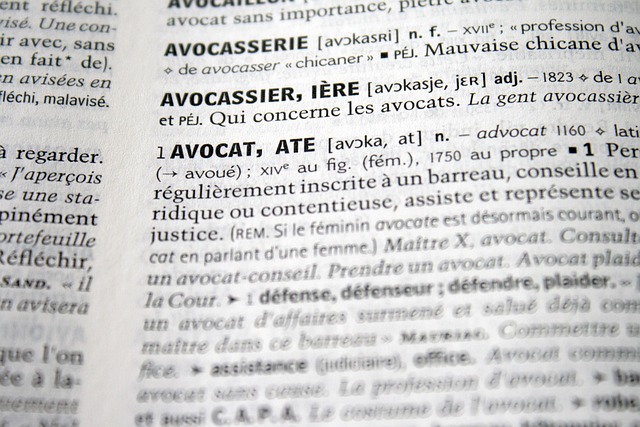Multnomah County's civil commitment laws protect individuals with mental health issues, requiring a professional assessment and court petition. Legal representation is crucial for those facing commitment, determined by financial need and legal complexity. Specialized attorneys offer expert guidance, protecting rights and navigating jargon-filled procedures.
“Multnomah County residents facing civil commitment often require dedicated legal support. This article guides you through the intricate process, focusing on access to legal representation for civil commitment. We explore Multnomah County’s unique laws and eligibility criteria, offering insights into how skilled attorneys can navigate this complex landscape. Whether you’re seeking to understand your rights or looking for expert assistance, this guide highlights the importance of professional legal support in ensuring fair outcomes.”
- Understanding Civil Commitment Laws in Multnomah County
- Eligibility Criteria for Legal Representation
- Navigating the Process with Expert Support
Understanding Civil Commitment Laws in Multnomah County

In Multnomah County, civil commitment laws play a crucial role in ensuring the safety and well-being of individuals who may be at risk of harming themselves or others. These laws provide a legal framework for voluntary or involuntary hospitalization and treatment for those struggling with mental health issues. Understanding these laws is essential for anyone seeking legal representation for civil commitment, as it involves complex procedures and considerations.
The process typically begins with an assessment by a qualified professional, who determines if an individual meets the criteria for civil commitment. This may include a comprehensive evaluation of their mental state, history of behavior, and potential risk to themselves or others. Once this determination is made, family members or concerned individuals can petition the court for a hearing, where a judge will review the evidence and make a final decision regarding hospitalization and treatment. Accessing legal representation for civil commitment can be vital in navigating these proceedings, ensuring that all rights are protected and that the best interests of the individual are served.
Eligibility Criteria for Legal Representation

In Multnomah County, individuals seeking legal representation for civil commitment cases must meet specific eligibility criteria. To qualify, one must be facing a civil commitment proceeding and unable to afford adequate legal counsel on their own. This typically involves demonstrating financial need through means testing or other relevant documentation. The county’s legal aid organizations assess each case based on these factors to determine if an individual is eligible for pro bono services or a sliding scale fee structure.
Additionally, the complexity of the civil commitment matter plays a role in eligibility. Cases that involve unique legal challenges, significant potential consequences, or a high degree of expertise required may be prioritized for legal representation. This ensures that those facing complex and critical matters receive the necessary support to protect their rights and navigate the legal process effectively.
Navigating the Process with Expert Support

Navigating the complex process of civil commitment can be overwhelming, but securing expert legal support makes all the difference. In Multnomah County, individuals facing involuntary commitment for mental health issues have a right to legal representation, ensuring their rights are protected throughout the procedure. Qualified attorneys specializing in this area provide crucial guidance, helping clients understand their options and navigate the legal landscape effectively.
With their expertise, these legal professionals can assist in preparing necessary documents, challenging any missteps or errors, and advocating for the best possible outcome. This support is invaluable, especially as the process involves intricate legal terminology and procedures. By engaging experienced legal representation, individuals can focus on their recovery while ensuring their civil rights are upheld during the civil commitment procedure.






